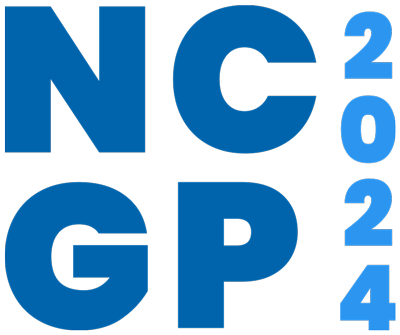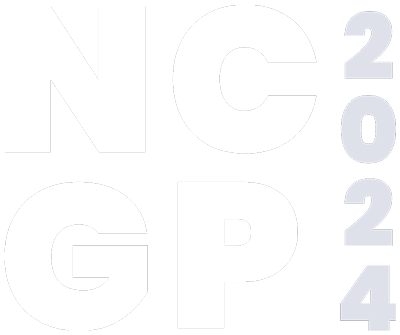The main theme of the NCGP2024 congress is General Practice – the bedrock of healthcare; respecting the core values. The congress programme will focus on highlighting the very basis of General Practice through the core values and principles approved by NFGP. The keynote lectures will each focus on one of the core values.

Core Values and Principles

We promote continuity of doctor-patient relationships as a central organising principle.
The doctor-patient relationship is based on personal involvement and confidentiality. Continuity of care helps build mutual trust and enable high-quality person-centred care.
We provide timely diagnosis and avoid unnecessary tests and overtreatment. Disease prevention and health promotion are integrated into our daily activities.
We care for our patients throughout their lives, tending to them through disease and suffering while encouraging progress toward health. We help patients understand their own health – to confront and manage their limitations, improve and maintain their well-being.
Overexamination, overdiagnosis, and overtreatment can harm patients, consume resources and indirectly lead to harmful underdiagnosis and undertreatment elsewhere. When equally effective interventions are available, we choose those that cost less.
We prioritise those whose needs for healthcare are greatest.
We aim to minimise inequalities in how health services are provided. We organise our practices to devote the most time and effort to those whose needs for treatment and support are greatest.
We practice person-centred medicine, emphasising dialogue, context, and the best evidence available.
We engage professionally with our patients’ current life situations, biographical stories, beliefs, worries, and hopes. This helps us to recognise the links between social factors and sickness, and to deepen our understanding of how life and life events leave their imprint on the human body. We promote patients’ capacity to make use of their individual and communal resources. To safeguard our long-term resilience as caregivers, we attend to our own well-being.
We remain committed to education, research, and quality development.
We engage actively in the training of our future colleagues. We implement and promote research that is suited to the knowledge needs of General Practice/ Family Medicine. We take a constructively critical view of new knowledge and approaches within our areas of specialisation.
We recognise that social strain, deprivation, and traumatic experiences increase people’s susceptibility to disease, and we speak out on relevant issues.
Respect for human dignity is a prerequisite for healing and recovery. We acknowledge that many circumstances contribute to health inequalities: childhood experiences, housing, education, social support, family income/ unemployment, community structures, access to health services, etc. We recognise our duty to speak out publicly on specific factors that cause or worsen disease, increase inequality in health outcomes, or make resources less accessible to certain people.
We collaborate across professions and disciplines while also taking care not to blur the lines of responsibility.
We engage actively in developing and adapting effective ways to cooperate.

